What is Deep Brain Stimulation (DBS)?
DBS is a surgical procedure used to treat various neurological conditions by implanting electrodes in specific areas of the brain. These electrodes deliver electrical impulses to regulate abnormal brain activity and alleviate symptoms.
Why is DBS done?
DBS for conditions like Parkinson’s disease, essential tremor, dystonia, and certain types of epilepsy. The procedure involves implanting thin wires with electrodes into targeted areas of the brain, connected to a pulse generator device placed under the skin of the chest or abdomen. This device delivers controlled electrical stimulation to modulate brain activity and manage symptoms.
Types of Deep Brain Stimulation (DBS) Techniques:
- Targeted DBS: Precision placement of electrodes in specific brain regions associated with the patient’s neurological condition.
- Bilateral Stimulation: Electrodes implanted on both sides of the brain to address symmetrical symptoms or conditions affecting both sides.
- Programmable Stimulation: The pulse generator device can be programmed and adjusted to optimize symptom control and minimize side effects.
- Responsive Stimulation: Advanced DBS systems can detect and respond to changes in brain activity, providing adaptive stimulation to better manage symptoms.
Deep Brain Stimulation surgery can involve different approaches, including frame-based or frameless stereotactic techniques. Pre-surgery steps include thorough consultation, neurological evaluation, and imaging studies to determine candidacy and target areas for electrode placement. Post-operative care involves monitoring, programming adjustments, medication management, and regular follow-up appointments to assess symptom improvement and device functionality.
| Procedure Name | Deep Brain Stimulation (DBS) |
|---|---|
| Type of Surgery | Major |
| Type of Anesthesia | General anesthesia |
| Procedure Duration | 4-6 hours |
| Recovery Duration | 2-8 weeks |
Deep Brain Stimulation (DBS): Pre-Op & Post-Op Care
Preparation for Deep Brain Stimulation
Before the procedure, patients undergo thorough neurological assessments and imaging studies. Pre-operative evaluations include neurological exams, blood tests, and medical history reviews. Fasting may be necessary based on individual medical conditions.
What happens during the procedure?
Under general anesthesia, electrodes are precisely implanted into specific brain areas using advanced imaging. These electrodes connect to a pulse generator device typically implanted under the skin near the collarbone.
Duration
The initial electrode implantation lasts 4 to 6 hours, with the surgery itself taking about 3 to 4 hours, depending on complexity and electrode quantity.
Recovery after DBS Surgery
Requires a significant period, with at least 2 weeks recommended initially, and 6-8 weeks for Parkinson’s patients. Strenuous activities should be avoided.
Post-procedure Care
Patients should maintain incision cleanliness, take prescribed medications for pain and infection, follow activity restrictions, and attend regular follow-up appointments for monitoring and adjustments.
Benefits of Deep Brain Stimulation (DBS) at Yashoda Hospitals
- Comprehensive Evaluation: Enable early detection and effective management of neurological conditions suitable for DBS.
- Personalized Treatment Plans: Tailor treatment approaches to your specific neurological condition and DBS requirements, based on in-depth evaluations.
- Efficient and Timely Care: Ensure quick diagnosis and prompt initiation of Deep Brain Stimulation treatment strategies.
- Continued Follow-Up: Our committed medical team provides continuous assistance for optimal DBS surgery recovery and long-term management throughout the journey.




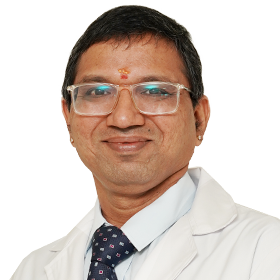
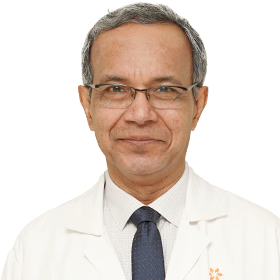
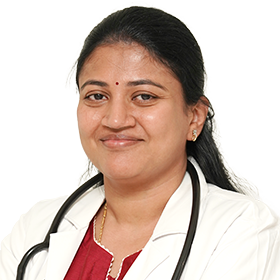
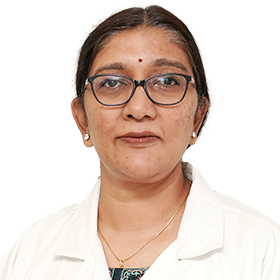
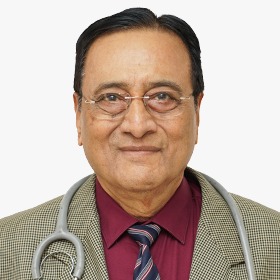

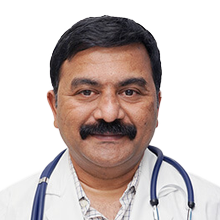
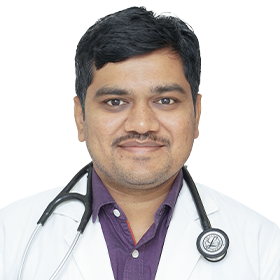
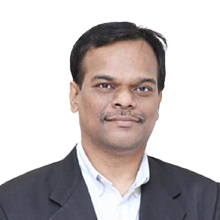

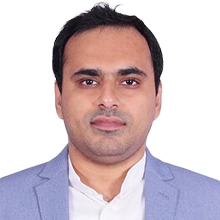
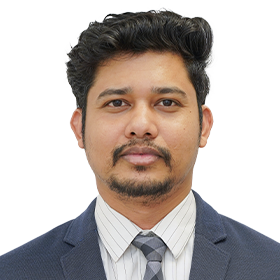
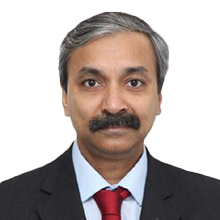
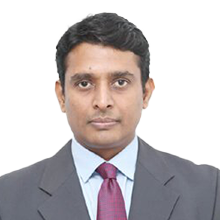
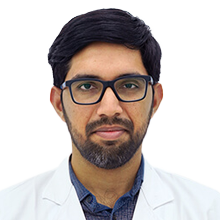
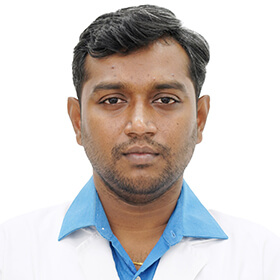



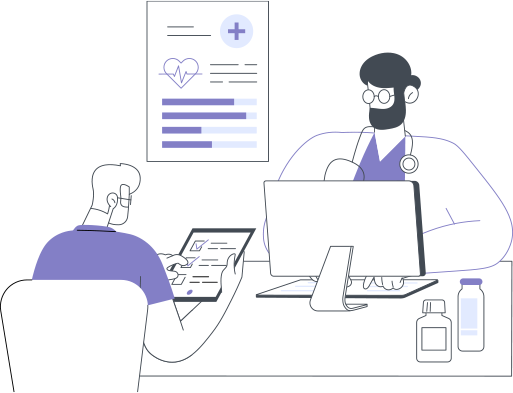









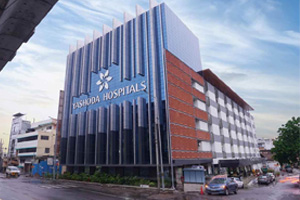
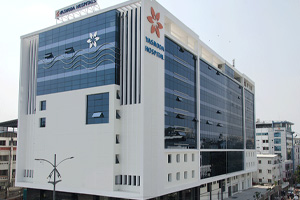
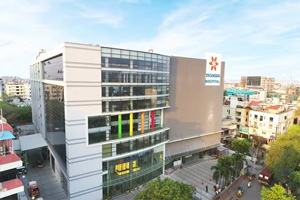
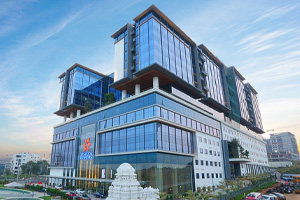
 Appointment
Appointment WhatsApp
WhatsApp Call
Call More
More